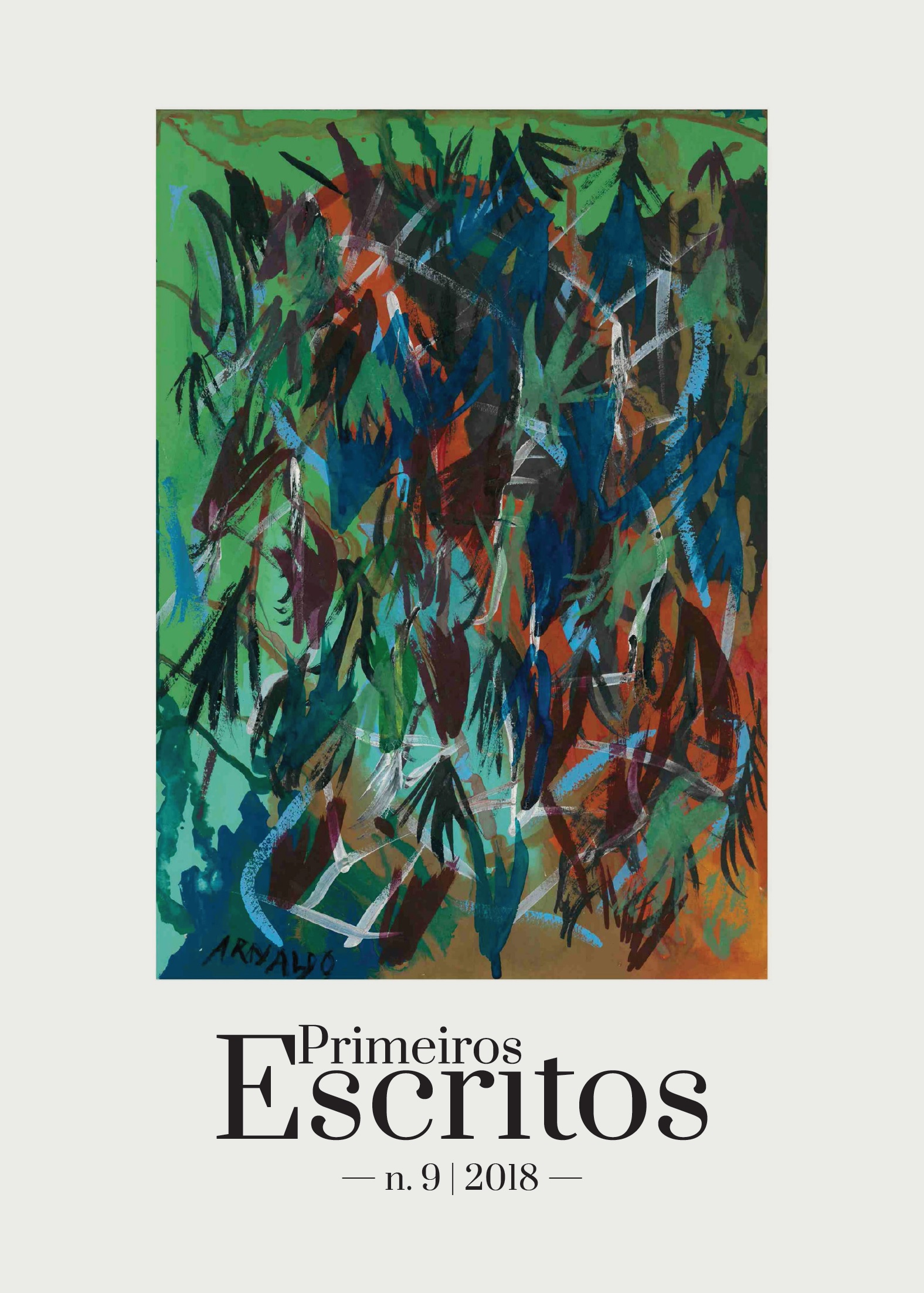Freedom paradox: the reflection of being free in the social pact of Jean-Jacques Rousseau
DOI:
https://doi.org/10.11606/issn.2594-5920.primeirosescritos.2018.153046Keywords:
Political philosophy, Civilian freedom, Social contract, Jean-Jacques RousseauAbstract
Philosopher and novelist, Jean-Jacques Rousseau (1712-1778) can be considered one of the most complex authors of political philosophy. Seeking to solve the great question of this area, that is how the State can be legitimized, Rousseau argues for a theory of the pact, trying to justify the existence of the State as an artificial institution, founded by men. Supported by human nature, Rousseau’s purpose is to argue why men should submit themselves to the State and how it would be good to them. Trying to convince men of the benefits of civil status, Rousseau make a long study about the question of freedom, from its most primitive form, lived by man in the state of nature contained in the Second discourse, until
its most evolved for, in the civil state, presented in the Social contract. This article proposes to analyze the theoretical construction of what would be to be free in the two moments proposed by Rousseau, with the objective of explaining how this concept is able to base the argument of the author.
References
FORTES, L. R. S. Paradoxo do espetáculo: política e poética em Rousseau. São Paulo: Discurso Editorial, 1997.
____________. Rousseau: o bom selvagem. 2. ed. São Paulo: Discurso Editorial; Humanitas, 2007.
MARQUES, J. de O. A. Forçar-nos a ser livres? O paradoxo da liberdade no Contrato social de Jean-Jacques Rousseau. Cadernos de Ética e Filosofia Política, São Paulo, [S.1.], n. 16, p. 99-114, 2010. ISSN 2317-806X. Disponível em [http://www.revistas.usp.br/cefp/
article/view/82596/85559]. Acesso em: [15 jul. 2017].
NASCIMENTO, M. M. do. A vontade geral e o princípio da equidade. Cadernos de Ética e Filosofia Política, [S.l.], n. 21, p. 146-165, 2012. ISSN 2317-806X. Disponível em: [http://www.revistas.usp.br/cefp/article/view/56558/59614]. Acesso em: [16 jul. 2017].
_______________________. O Contrato Social – entre a escala e o programa. Discurso, São Paulo, n. 17, p. 119-130, 1988. ISSN 2318-8863. Disponível em: [http://www.revistas.usp.br/discurso/
article/view/37933/40660]. Acesso em: [17 jul. 2017].
OLIVEIRA, E. R. de. Ética em Jean Burlamaqui e o ensino conimbricense do direito natural. Revista Trans/form/ação, Universidade Estadual Paulista – São Paulo, v. 30, n. 1, p. 81-99, 2007.
ROUSSEAU, J.-J. Carta a Christophe de Beaumont e outros escritos sobre a religião e a moral. Trad. José Oscar de Almeida Marques. São Paulo: Estação Liberdade, 2005.
________________. Discurso sobre a origem e os fundamentos da desigualdade entre os homens. Trad. Paulo Neves. Porto Alegre: L&PM Pocket, 2010.
________________. O contrato social. Trad. Paulo Neves. São Paulo: L&PM Pocket, 2012.
Downloads
Published
Issue
Section
License
Proposta de Política para Periódicos de Acesso Livre
Autores que publicam nesta revista concordam com os seguintes termos:
- Autores mantém os direitos autorais e concedem à revista o direito de primeira publicação, com o trabalho simultaneamente licenciado sob a Licença Creative Commons Attribution que permite o compartilhamento do trabalho com reconhecimento da autoria e publicação inicial nesta revista.



